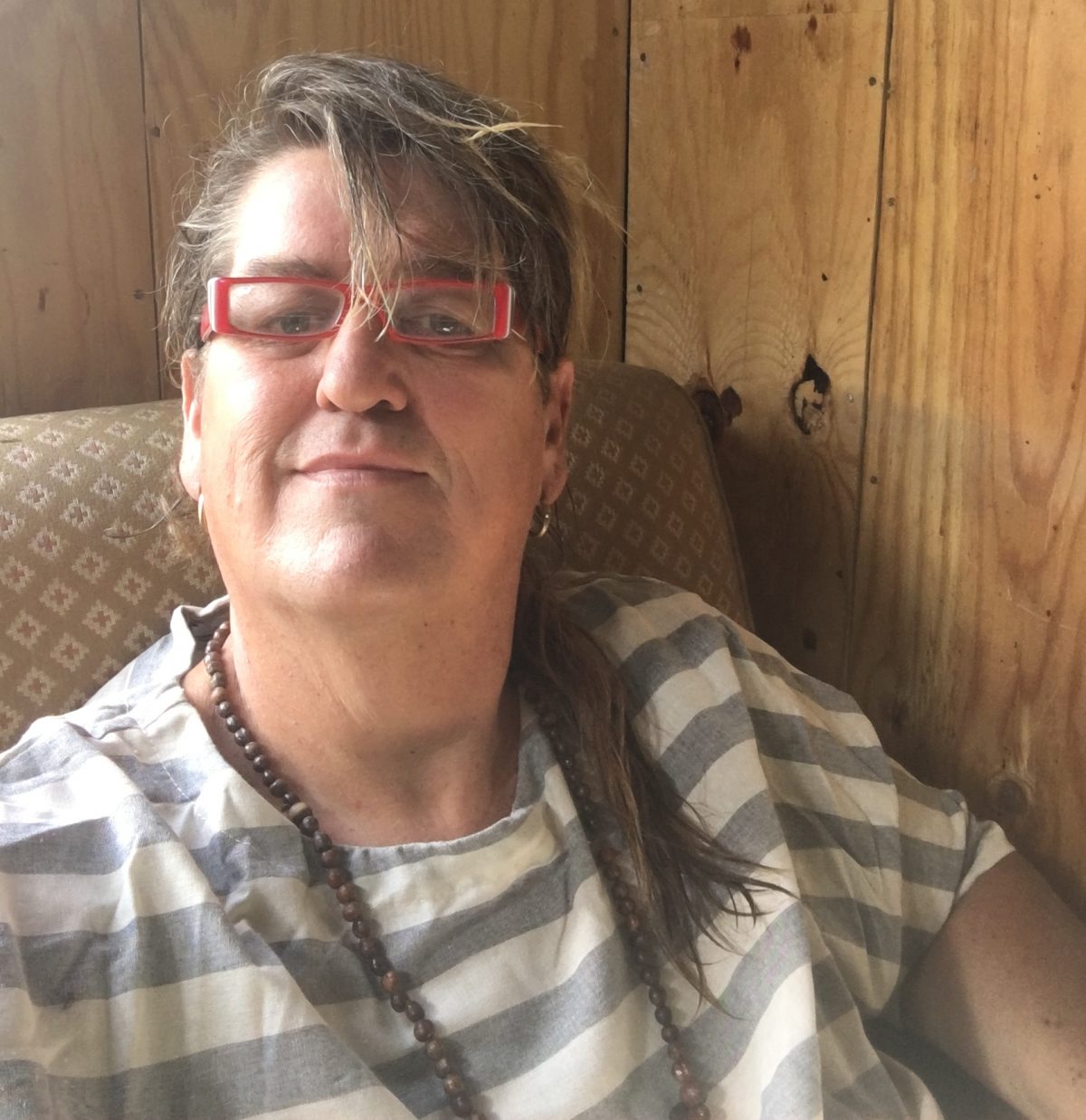Disabled fobbed off with ‘nice words’: Cappo
REposted from a story by: David Jean and Lauren Novak In the Adelaide Advertiser March 01, 2012 12:00AM

Julie Esposito with son Anthony, 31, who has been on a waiting list for eight years. Source: AdelaideNow
Monsignor Cappo, the former social inclusion commissioner, ranked finding supported accommodation for all “critical and evident risk” people as the second-most crucial element of a State Government-commissioned StrongVoices disability blueprint he completed late last year.
But Disabilities Minister Ian Hunter has not included this priority among the 16 recommendations he has so far pledged to deliver, despite data released this week showing the category one – or critical risk – waiting list has more than doubled since mid-2009.
Monsignor Cappo yesterday warned “it’s money, not nice words that we need” and called on the Government to financially support each of the 34 recommendations in his report.
The Government describes category one clients as those who are at risk of homelessness or causing harm to themselves or others.
There are also 290 people on a category two, or evident risk, list. The Advertiser understands erasing the category one and two people lists – something Monsignor Cappo rates a “matter of urgency” that must happen “within one budget cycle” – will cost between $100 million and $140 million a year.
Erasing the category one list alone would cost between $60 million and $100 million.
In a written statement to The Advertiser, Monsignor Cappo urged the State Government to provide a financial response to the 120-page report it commissioned.
“The unmet demand waiting list continues to grow,” he said.
“This is totally unacceptable. I hope that the social justice priorities of the State Government ensure that $50 million of new money is provided in the coming budget to address this shocking situation. And a financial plan to address all recommendations in Strong Voices is necessary.
“It is time for people with disability to be a priority in a state budget. It’s money, not nice words that we need.”
Public Advocate John Brayley has also weighed into the debate, calling in his 2010-11 annual report, presented to Parliament this week, for the Government to clear the waiting list immediately.
“Every day that goes on with people on this list in critical need is a day too long,” he writes.
Dr Brayley said the “only acceptable target” was zero people waiting for accommodation and support services.
Mr Hunter did not specifically address The Advertiser’s inquiries about the unmet needs list, but conceded disability services “needs a significant overhaul”.
“That is why, in response to the Strong Voices disability blueprint, the Weatherill Government has announced major reforms to disability services, including the introduction of self-managed funding,” he said, adding this gave people with a disability greater choice about the services they received.
“It will mean that the Government is no longer pouring money into the crisis end of the system, but providing more effective support where it is needed.”
Julie Esposito cares for her son Anthony, 31, who has a severe intellectual disability, autism and behavioural issues.
She said Anthony had been on a waiting list for accommodation and support services for about eight years.
He was classified as a category one priority at one point but Mrs Esposito, 56, said he was downgraded to a category two because the family had not kept in regular enough contact with Disability SA.
“It seems hopeless. You just don’t know if you can cope on a daily basis when there is no light at the end of the tunnel,” she said.
Dignity for Disability MLC Kelly Vincent said supported accommodation was usually offered in group homes where carers lived on-site.
But hundreds of people were also waiting for in-home services like “someone to get them out of bed in the morning and help them shower”.
“This is really the people who need the system the most that are being let down by the system,” she said.
“Instead they’re left to languish … in the `too-hard’ basket,” she said.
Ms Vincent called for an increase in funding to clear the waiting list and a commitment to build more accommodation.
Opposition housing and disability spokesman John Gardner said the Liberals pledged to clear the category one waiting list before the 2010 election.
He said the Labor government should commit more disability funding in the May Budget.
Communities department disability, ageing and carers director David Caudrey said spending on disability services had more than doubled from $135.4 million in 2002-03 to $286.4m in 2010-11.
The government also had committed an additional $56 million over the next four years.
“The need for disability services is increasing as the population ages,” Dr Caudrey said.
“Certain disabilities are increasing in prevalence and people with disability are living longer.”
